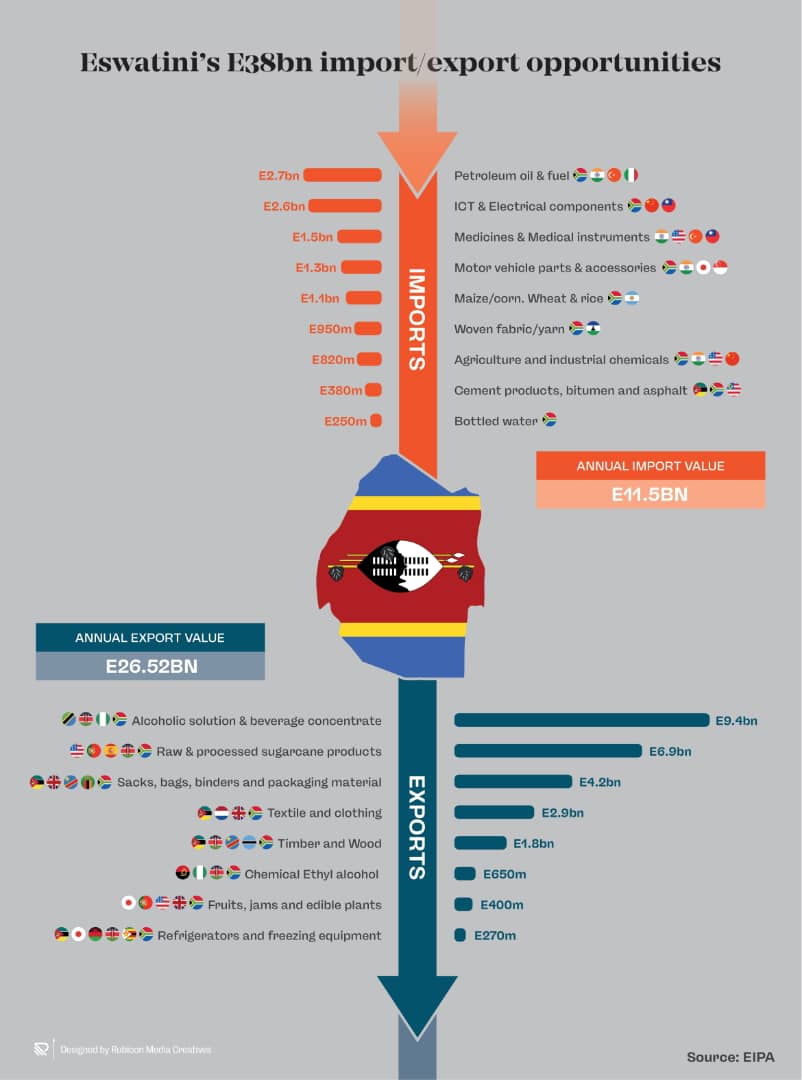Eswatini does not produce enough goods, which has partly contributed to foreign investors continuing to outsource produce. This is according to EIPA CEO Sibani Mngomezulu, who was responding to a question concerning Kellogg Tolaram Eswatini and the opportunities presented to emaSwati in the value chain.

“With Kellogg having come in, there was a focus on where the opportunities came from in the value chain. MSMEs also looked where they could participate in the value chain,” he said.
He continued that, unfortunately, Eswatini does not produce enough of everything yet, making an example that at times Eswatini could import over 10 000 tons of cabbages from Dubai per week as a result.
“So, you find that in reality we need to get support from the region before we set ambitious goals,” he said. Regarding Kellogg, the CEO stated that they found their quality standards cannot be met by the country yet.
“Take cooking oil for example, you find that ours doesn’t reach the standard they want resulting in them outsourcing it,” said Mngomezulu.
The CEO said currently Eswatini does not produce enough oil and the quality is not to the expected standards yet, which he said as investments are attracted, plans to understand the needs of the investor could be made sooner.
“Currently we are failing to produce the necessary volume and the standards, but it is work in progress and a lesson for us that whilst in the process of securing investments, let us also ensure that we look into the skills required to employ Emaswati,” he said.




